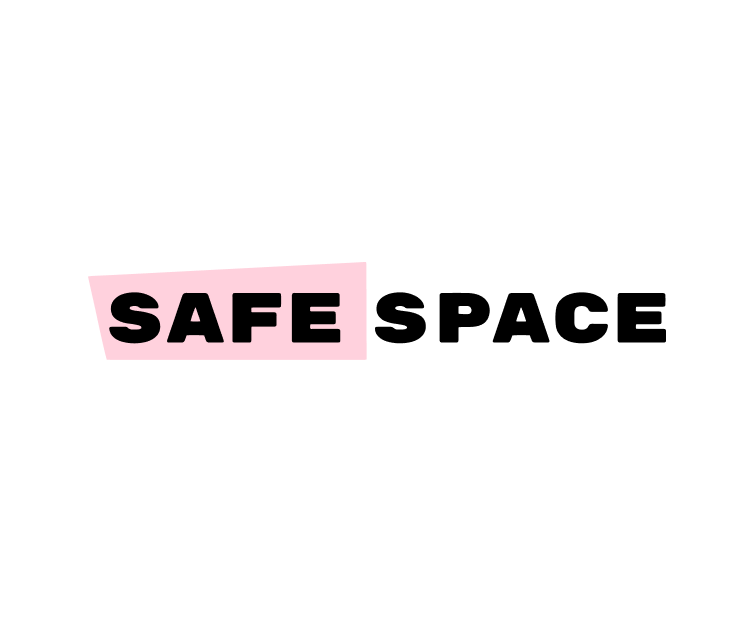Have you ever accepted a job and then started the new gig and realize it was completely different than what was pitched to you?
I HAVE.
The good ole classic switcheroo.
I’m not talking about when they say the culture is great and you realize, it’s really effing not. That’s for another newsletter, or 10.
I’m talking about when they tell you your role is one thing and then it ends up being something else.
When it happened to me I was told I was going to be focused on culture building work with an emphasis on building an inclusive workplace. I started that job with a ton of excitement to get my hands on work I was deeply passionate about.
I was going to do something transformational!!!!!
By week 4 that came to a screeching halt when I was told my attention was needed on recruiting because there were plans to double headcount.
Where did it all go wrong? I asked myself over and over again.
I finally realized what it was. The interview process.
When I think about where there’s such a gap in expectations vs reality when it comes to some employees and their performance, I want to start at the beginning.
The very first chance an organization & manager gets to properly set expectations: the interview process.
And TBH a lot of teams fail at doing this!
2 reasons why expectations aren’t properly set during the interview process:
- Poor communication
- Bad assessment techniques
Let’s dig into each one, how they could impact performance and what HR can do.
#1: Poor Communication
I have this theory that no one is a really great communicator.
JOIN 130K+ HR LEADERS
Get insights, learnings, and advice on how to build companies and cultures that people actually love.
No spam. Unsubscribe any time.
But if you cannot communicate well, how are you ever going to set expectations well?
Cough you’re not cough.
(Not so) Fun Fact: Did you know that 40% of managers in a survey admitted to lying in interviews?
The most common lies were about:
- Responsibilities
- Career growth
- Professional development
Maybe if managers took the time to set expectations properly about what they’re looking for they wouldn’t feel the need to lie in an interview to get a candidate?
Is that too wild of a thought???
1 way to solve this problem: Conduct role kickoff meetings.
It sounds simple and maybe something you’re already doing but if you’re still struggling with reigning in your hiring partners, it may be time to rethink HOW you’re conducting these meetings.
The goal of this meeting is to get alignment across the board from all stakeholders.
A role kickoff meeting should be at least 1 hour and cover:
- Business objective
- Key skills and qualifications
- Hiring teams roles and responsibilities
This resource from Greenhouse goes into each step AND provides templates.
Be still my beating heart!
When all the stakeholders are aligned you will see less misunderstandings AND clearer expectations.
Spoiler alert: you will find the best candidate AND they will be able to perform the job duties and excel with a clear understanding of what’s expected of them.
Bonus points: if you really want your org to be a pro at setting expectations in interviews, I really admire job descriptions that outline what candidates will accomplish during the first 30,60,90 days.
This tells your candidate upfront what you’re expecting from them.
Struggling to go from job description → job expectations?
This FREE tool lets you paste in your job description and it churns out the negative and positive indicators of meeting a job’s expectations. IT’S AMAZING.
Now, is the candidate actually able to accomplish those things?
Well, it’ll depend on their skills and competency. And that brings us to #2.
#2: Bad assessment techniques
Is everyone just lying in interviews?
Interviewing is like dating: you want to make the best impression possible. And sometimes that involves stretching the truth a tiny bit.
Like the time I said I’d be interested in running a marathon. We’ve all been there okay!
And it’s more likely to happen if you have bad assessment techniques in the interview process.
Like if your interviewers are asking whatever questions they want and aren’t consistent, are asking about skills not required for the job or not asking specific enough questions,
When you don’t properly assess a candidate the chances of them performing well is probably low.
1 way to solve this problem: a structured interview process
A structure interview can help you:
- Understand a candidate’s experience
- Measure the candidate against your set expectations for someone in this role
- Ensure your hiring process is equitable
- Establish a consistent candidate experience
- Align all stakeholders
The goal: for every stakeholder to walk away with a good understanding of the candidate’s skills where they excel and where they might need more development.
Skills assessments are the best way to understand if a candidate can perform well in the job.
Additional reading:
- This resource for how to plan a structured interview process.
- This guide on assessing strength & weaknesses for skills
- 6 indicators of job performance
Closing the expectation → reality gap:
Like Moira says we’re all on the precipice of greatness!
But sometimes there is a gap between expectations and reality that can start as early as the hiring process.
By closing the gap there you’re one step closer ensuring teams across your org are able to perform.
Coming up next, I have a special edition in honor of Martin Luther King Day!
So get ready for some inspiration.
Until then I bid you adieu.


